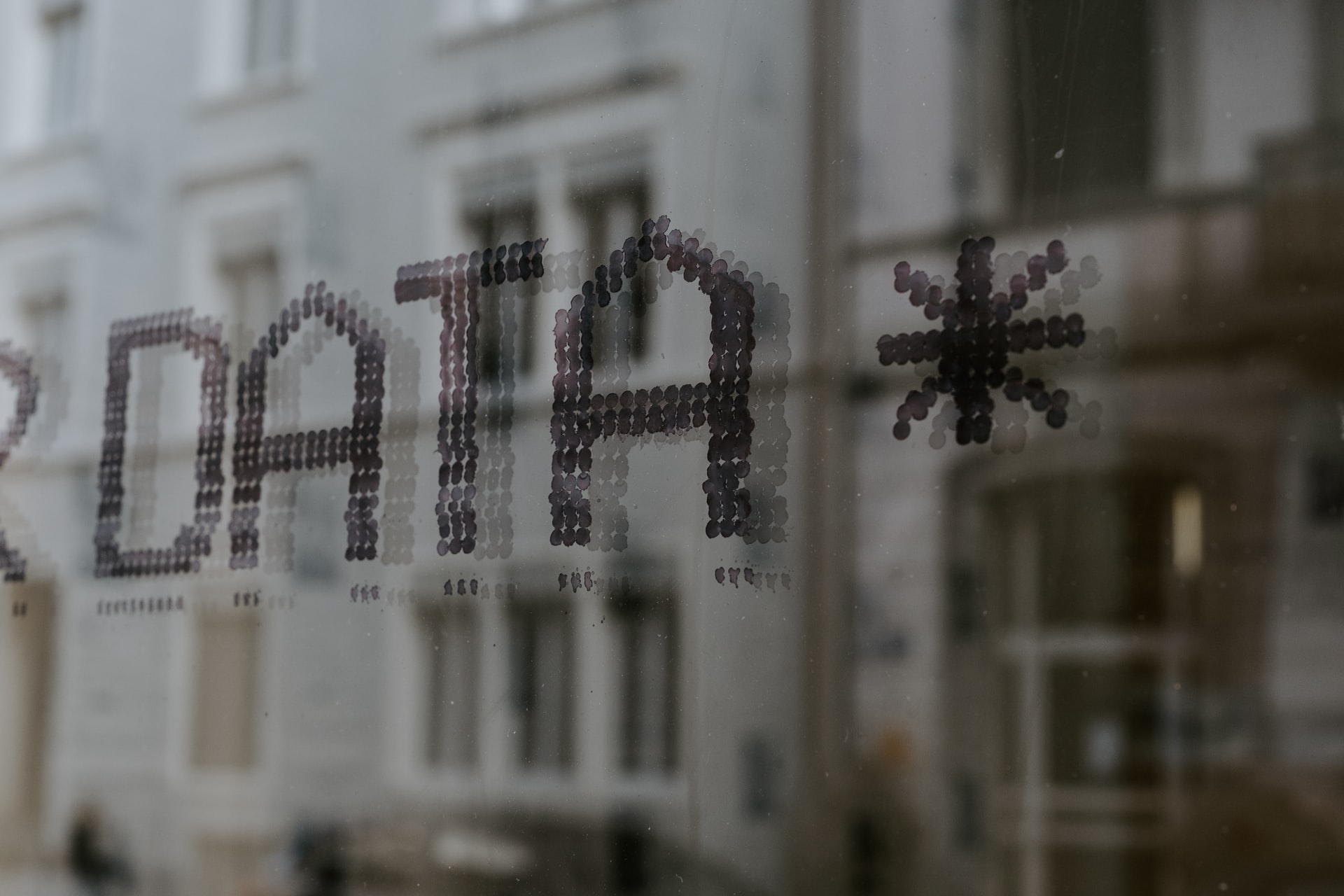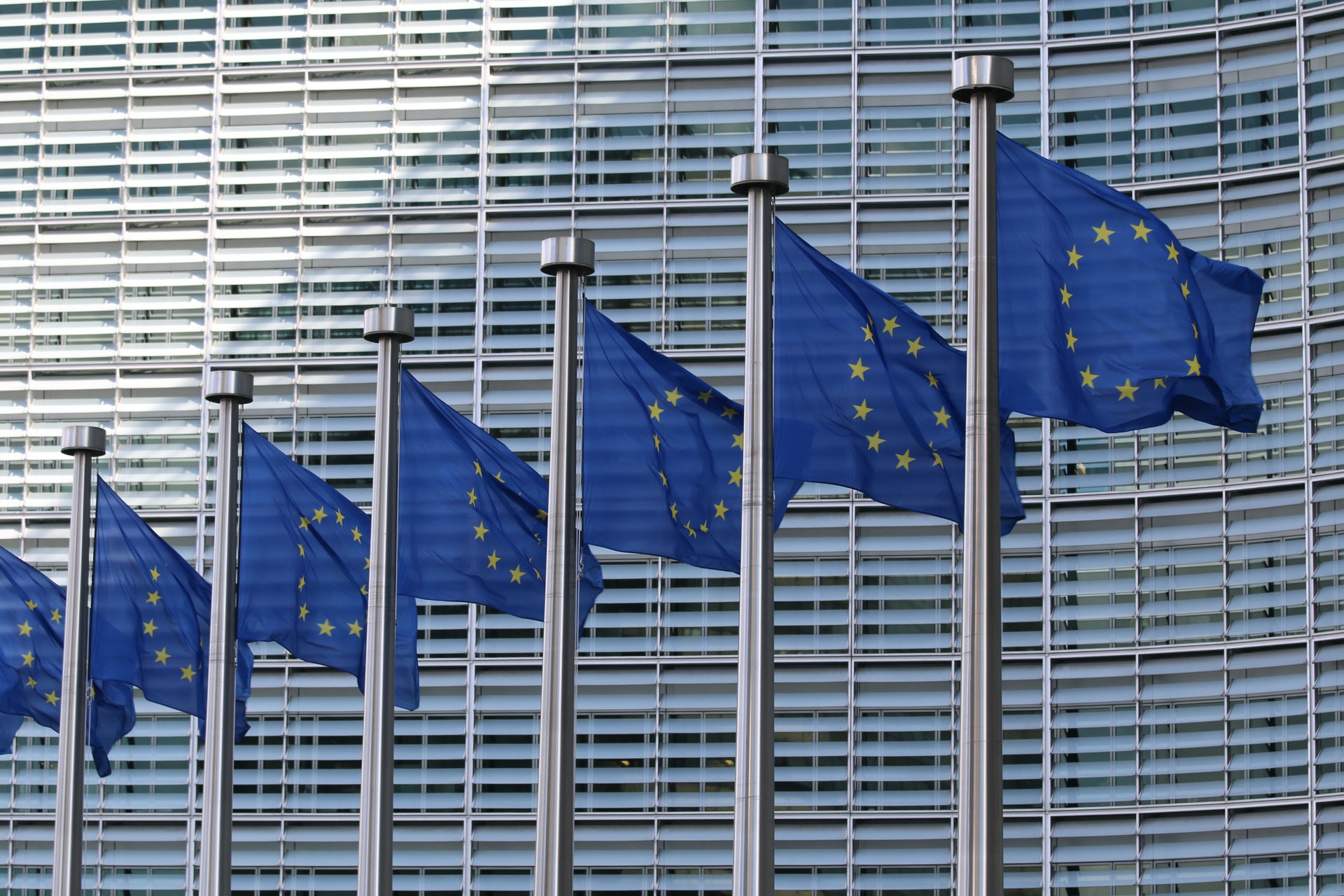The deputy director for digital in the Department for Levelling Up, Housing and Communities (DLUHC) points to the fact that the declaration, written by the department’s Local Digital Collaboration Unit (LDCU) with the involvement of 45 local authorities and sector bodies, now has 288 signed up, and the accompanying Local Digital Fund has provided support of over £10 million for 55 council led projects.
More importantly, there are now hundreds of councils using various outputs from the projects, with a willingness to share developments and a sense of progress in improving the quality and diversity of products they use in digital services.
Published in 2018, the declaration involves five core principles for local government digital: redesigning services around the needs of people who use them; breaking the dependence on inflexible and expansive technology that does not join up properly; safe and useful ways of sharing information; leadership that creates the conditions for organisational transformation; and working in the open whenever possible, sharing plans and experience and re-using good practice.
Hopper describes it as being about
“helping councils come together to solve common problems, back reformers and embrace innovation, support people who are trying to turn the tide”,
and points to a handful of the projects that have built a strong momentum. These include LocalGov Drupal, using the open source content management system to develop a web platform for councils, and recently announced plans for a new funding model through a not-for-profit entity; and iStandUK’s work on vulnerability data under the SAVVI banner.
Basics for success
Asked if he identifies any common themes in those that have been successful, he says:
“The basics are councils coming together and collaborating, but they’ve all had slightly different governance and commercial models.
“They’ve managed to flex their commercial and product strategies to suit outputs they need to generate. They have often needed a lot of good comms and engagement with the sector to explain they are doing something different, to get CEOs and councillors onside, to counter that natural inertia to ‘do what we’ve been doing for a while’.
“Those projects have needed to be quite sophisticated and agile with the way they have gone about developing and scaling the project, but also quite vocal and savvy in convincing senior stakeholders that change is not risky and will deliver better outcomes.
“One of things we are looking to do more of is help that playbook; how do you get it off the ground and make it happen? Obviously, councils are all very different, so figuring out the best way of doing that requires a lot more work.”
As for projects that have run their course without such results, Hopper says it was never expected that every one would ultimately produce a scalable solution and these have had a value with much of the discovery and alpha work contributing to other initiatives.
“It was always about being innovative and experimental, and it would have been a bit weird if all of them had expanded in a significant way,”
he says.
Escaping legacy tech
There are other priorities that relate to the original principles of the declaration, one of which Hopper emphasises as being central to the effort.
“In a nutshell we want to help councils move away from their legacy tech,”
he says.
“We think it is unnecessarily complex, often has quite opaque contracts, uncertain outcomes, and introduces risk for councils that we see playing out in cyber vulnerabilities.”
He says the approach to dealing with this is technology agnostic and concerned with what works effectively.
“We care about councils using technology that allows data to flow, that is interoperable and has APIs. We’re not interested so much in exact products or services, but more a core set of principles or standards they need to abide by.
“Over time might we get more opinionated about the exact nature of the technology stack, but for now we won’t be saying ‘This is the product you should be using over others’.”
Cyber focus
There is also a strong focus on cyber security, reflecting an announcement in March by the LCDU and aimed at making it clear what good looks like in the field, including the roll out of a cyber health framework and a clear set of best practice standards based on the Government Cyber Security Strategy.
This reflects the scope for a more assertive tone from DLUHC in improving standards across the board. Hopper is cautious about laying down the law to councils, but says that plenty would appreciate stronger guidance from the centre in areas such as cyber, digital maturity and how to recruit and retain people with strong digital skills in a competitive market.
It could extend to procurement. Although he currently refrains from outlining specific steps, he says he is interested in how the existing rules for local government don’t create the right incentives for reform, and how they could do things differently.
“The message we are sending is that local government technology market is sufficiently stagnant for central government to have a role in helping councils reform it, as I don’t think it will be possible for local government to do it without that support. We have a big role there as there is a market failure.”
The LDCU has the resource to keep up the momentum. Hopper says it has been given £85 million to cover three years’ work on the programme, and a mandate to press ahead in putting the Local Digital Declaration into widespread practice.
Engagement effort
It has run a series of Local Digital Roadshows and other events and plans to keep up the engagement with councils for input into the cyber health framework and how the next round of the Local Digital Fund should be run.
So far no firm date or details have been set for the launch of the fund’s next competition, but Hopper says: “Ultimately we will try to give as much money as we’ve been given back to the sector, but will curate in such a way that will allow them to embrace reform.
“The next round of the fund will be soon. We are designing it at moment and will have an engagement event to co-curate it. We have been finishing roadshows and the work with councils will become a lot clearer in the next few months.”
He also emphasises that the Local Digital Declaration will continue to be at the heart of the effort, and is confident that there is sufficient support to produce positive results.
“There’s a lot of work to be done but we’re glad we’ve got three years and a mandate,”
he says.
“We need that running time to do something significant.
“We have three years to deliver something significant, and more money to do it, and there’s a greater recognition in central government-post Covid that digital reform in local government is needed.”
Source:






Comments